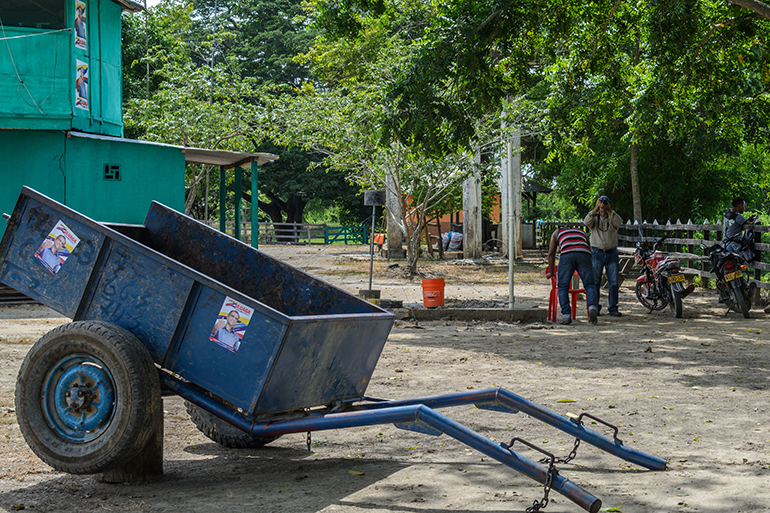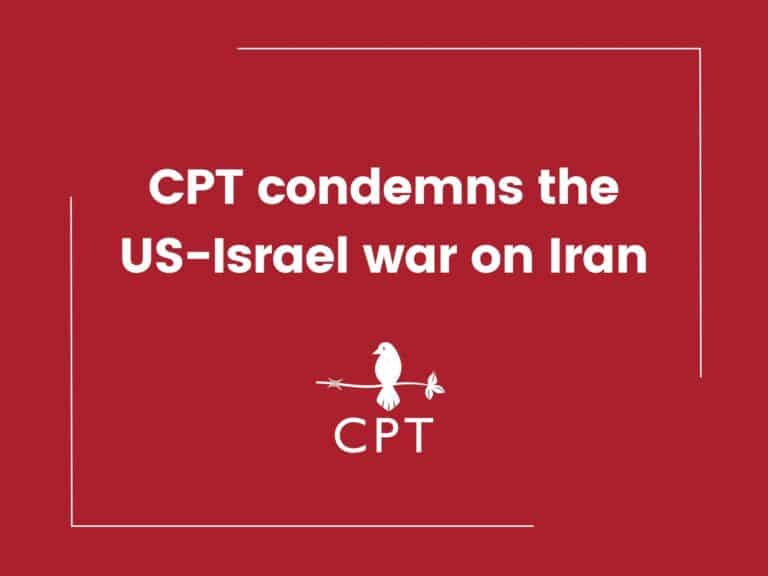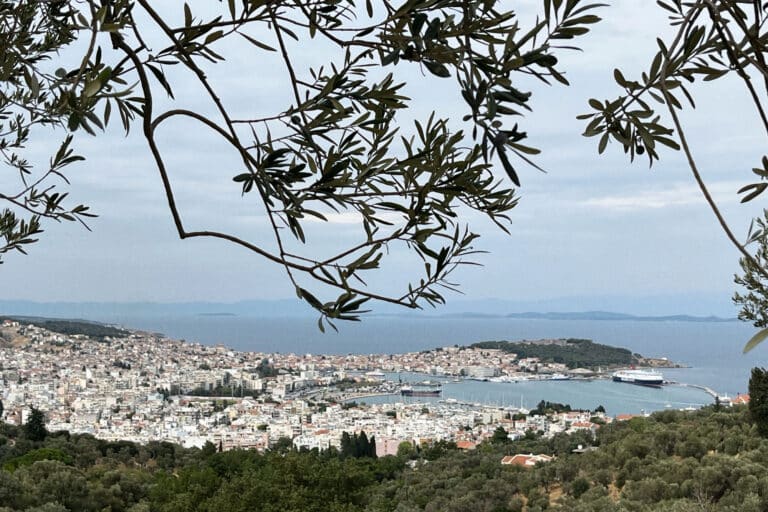CPTnet
23 June 2014
COLOMBIA ELECTION ANALYSIS: Peace won?
by Sarah Sommers
We read and
hear in the media people declaring that “Peace Won” in Colombia on Sunday, June
15. However, I have yet to hear
someone without power and money say the same. Here on the CPT-Colombia
team, we are all just breathing a collective sigh of relief that presidential
candidate Oscar Ivan Zuluaga walked away from Sunday’s second round election
the loser.
Current President Juan Manuel Santos
won the election with just 51% of the vote, but enough to keep alive the
negotiations to end Colombia’s sixty-year conflict between the Colombian
government and the FARC (Colombia’s largest guerrilla army). Santos bet
his entire election on maintaining the negotiation process begun in Havana in
2012, upping the ante five days before the election with the announcement that
he would begin parallel talks with the ELN (Colombia’s second largest guerrilla
army).
 |
|
| Election posters of candidate Zuluaga, who would have ended negotiations, at the Las Pavas farm with palm oil corporation Aportes San Isidro security guards/ Las Pavas community harassers in the background. |
Democratic Center party candidate Zuluaga
lost to Santos by just six points after winning the first round election. With his promises to end immediately
all negotiations, two million Colombians who didn’t vote in the first round
showed up for round two to make sure he wasn’t elected. In addition to
ending negotiations, a Zuluaga victory also meant the return to hard-line
military policies characteristic of the Uribe years. Popular political cartoons even painted Zuluaga as a puppet
with former President Alvaro Uribe as his master. During the extreme
right-wing Uribe presidency, negotiations were non-existent and violence ruled
as members of Uribe’s party, and even his cabinet, were indicted again and
again for ties to the paramilitaries (These connections came to be known as parapolitics).
So in some sense “peace won” on June
15, but actually the prevailing sentiment is that “Zuluaga and Uribe” lost. Those that voted for Santos weren’t
backing his love of free-trade agreements, his anything-goes mining policies,
or his lack of follow-through in everything from national strike agreements to
promises of restitution for victims of the conflict. They were voting
against an iron-fist, an all-or-nothing mentality, and parapolitics. They
were voting for the chance that after sixty years of war, negotiations might
create a small space in which to plant the seeds of peace.



